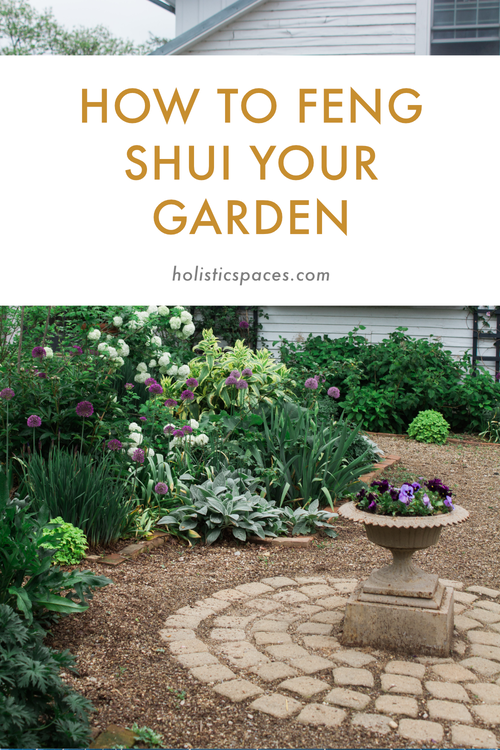Photo by Christina Winter on Unsplash
What’s the best feng shui color for a bedroom?
I get asked some version of this question a lot, and I’m going to let you in on a feng shui secret: there’s no perfect feng shui color for a bedroom, or any room for that matter. The best color for you depends on what you want to manifest, your unique energy, and what colors you like. For me to recommend a color for your bedroom, I would need to know what elements you need more of, where you need more support, and what you’d like to work on.
For example, if you want to invite in a partner, pink or peach could be a supportive color for you. If you want to feel more grounded, an earthy brown or yellow might be the most nourishing. We can look at feng shui color theory, but I can’t give you a cookie cutter answer. If that was how feng shui worked, it would be really easy to just say that all bedrooms should be blue. However, not everyone wants a blue bedroom, and it might not be the best fit for everyone energetically either.
When choosing a color for your bedroom, first think about what it is that you want. Then, you can start looking at different colors and the connections you have to them. You can look at the feng shui meaning behind colors, but also pay attention to what you like and what resonates with you. If you read somewhere that orange is the best color for a certain room but you hate orange, it will be bad feng shui for you to paint your room orange.
What colors do you gravitate towards? What colors do you not like as much? I have a lot of metal element naturally and I love metal element colors, like whites and off-whites. I also really like black, which is connected to the water element. Those tend to be good colors for me to work with because I enjoy being around them.
Another thing to note is that there are many ways to bring color into your life besides painting the walls. Once you’ve figured out what kind of energy you want to create and which colors resonate with you, you can start by bringing in that color in small ways. It’s often a good idea to play around with accessories before committing to a new wall color. You can even start wearing a color, and see how it makes you feel.
If you’d like to learn more about feng shui, check out Mindful Design Feng Shui School at: www.mindfuldesignschool.com






